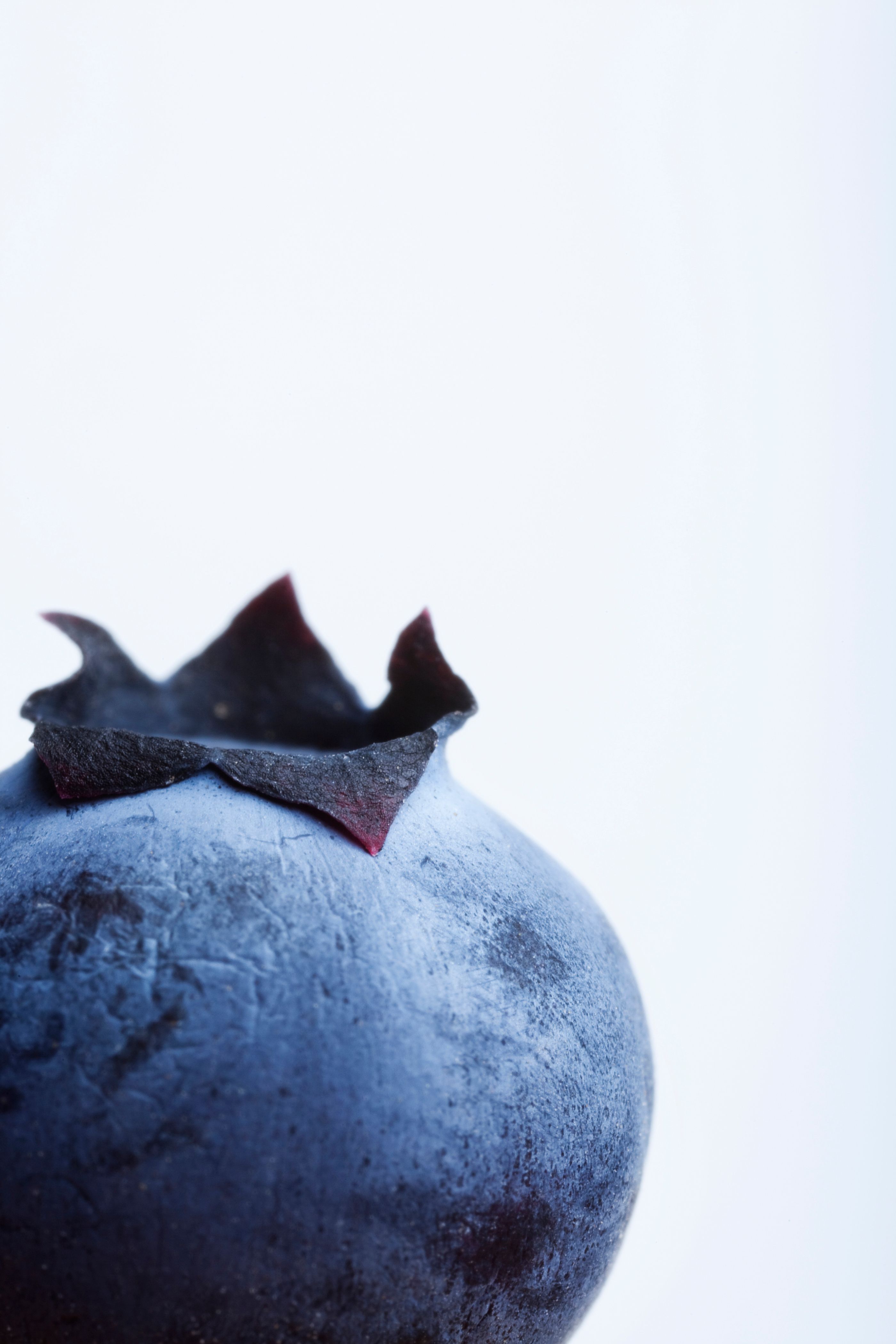Bilberry Adulteration Subject of ABC Report
The market for bilberry extract is reportedly "rife with economic adulteration."

An American Botanical Council (ABC; Austin, TX) report on bilberry adulteration concludes that the market for commercial bilberry extracts is “rife with economic adulteration.” The review appears in the Fall 2012 issue of HerbalGram, ABC’s quarterly journal.
Bilberry (Vaccinium myrtillus) extract is commonly sought for uses relating to retinopathy and vascular function. In 2011, ABC listed bilberry as the fifteenth best-selling supplement in mainstream U.S. markets. But the entire global supply of bilberry is wild-harvested from Scandinavia and Eastern Europe. And limited, regional supply of the ingredient is just one motivating cause for adulteration. Here’s what ABC gathered from correspondence with Greg Ris, vice president of sales at Indena USA (Seattle), supplier of Mirtoselect standardized bilberry extract, the most clinically studied commercial extract:
Ris emphasized that it takes 100 kg of hand-picked bilberry fruit to make 1 kg of the 100:1 Indena bilberry extract, at an average range of 2.5 euros ($3.25 USD) to a “near record high” of 4.6 euros ($6.00 per kilo) in 2011. This variability is primarily due to weather conditions (either too damp to too dry). At such prices, a 100:1 extract would cost from $325 to $600 USDper kg of extract just for the raw material plus the cost of refrigeration and/or frozen storage and transportation to keep the material fresh, as well as extraction costs and other overhead, plus profit. Therefore, says Ris, some of the bilberry extract currently being offered on the global market for as low as $200 per kg, and up to $400 per kg, is presumably or definitely adulterated. “You just can’t make an extract that meets Indena’s specifications for such a low price,” he said.
What, then, are unlawful companies using in place of bilberry extract?
Bilberry’s major active compounds are anthocyanosides, a type of anthocyanin, so ingredients bearing anthocyanins and/or pigments of similar color may be capable of tricking analytical methods. Bilberry adulterants disclosed in ABC’s report include amaranth dye (also known as azo dye or Red Dye No. 2), charcoal, black soybean hull, and black rice hull. Other Vaccinium species, including cheap blueberries, may also be intentionally or unintentionally purchased in place of bilberry.
ABC’s report on bilberry adulteration is the fourth installment in a series of botanical adulteration reports developed in conjunction with the American Herbal Pharmacopoeia (Scotts Valley, CA) and the University of Mississippi’s National Center for Natural Products Research (NCNPR). Previous reports focus on the overall history of botanical adulteration, adulteration of skullcap with American germander, and adulteration of grapefruit seed extract with synthetic industrial disinfectants.
Sirio Pharma launches line of ready-to-market organic gummies and softgels called PureOrganix
August 26th 2024The new line is made up of three gummies and one softgel that are formulated to meet stringent EU-Organic certification criteria, and target women’s health, metabolic health, and heart health.